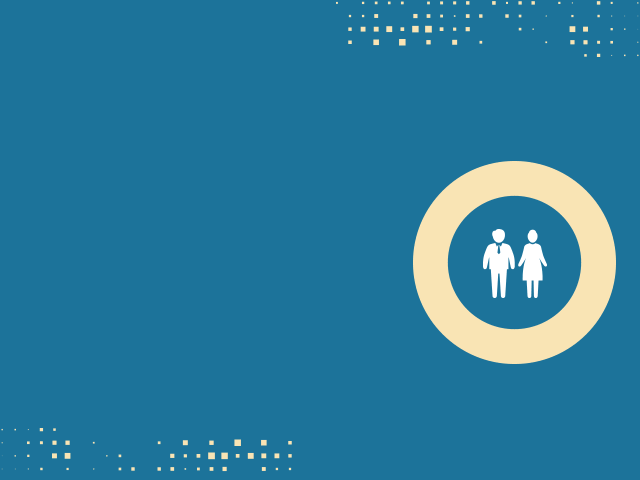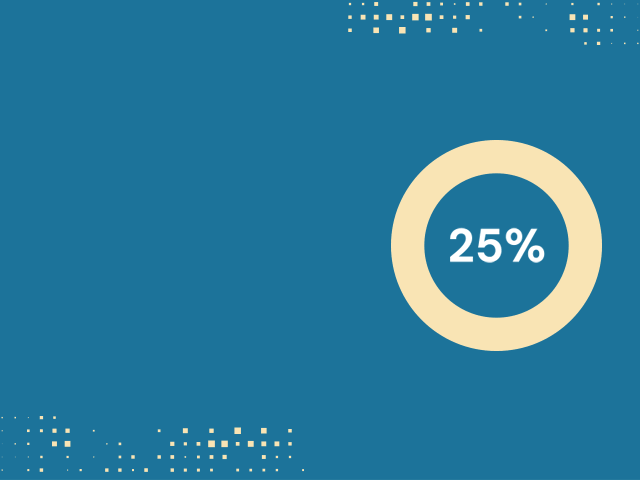At AM Behavioral Health, we understand that overcoming addiction is a journey, not a destination. That’s why we offer comprehensive care that extends far beyond the initial stages of drug detoxification and rehabilitation.

By implementing innovative treatment strategies and adopting a holistic care approach, we enable individuals and their families to overcome the challenges of addiction. Our programs promote recovery, personal development, and reintegration into a fulfilling life.

Inpatient drug rehabilitation is a crucial first step on the road to recovery. But, completing a rehab program doesn’t mark the end of the journey. Research shows that 50% of people relapse after completing inpatient programs.2
Drug rehab aftercare programs are essential components of the continuum of care. They provide vital support and resources for people transitioning back into daily life.
Drug rehab aftercare programs offer ongoing support to ensure long-term well-being. This includes addressing underlying issues that may have contributed to addiction. As a result, people are able to cope with the challenges of life in a healthy way.
Additionally, recognizing that relapse is often a part of the recovery journey, aftercare programs help individuals regain sobriety if challenges occur.
"The process for re-engagement with treatment after a relapse involves several steps. We encourage individuals to reach out to our facility or their designated healthcare provider as soon as possible to discuss the situation openly and without judgment. We also conduct a comprehensive assessment to understand the factors contributing to the relapse and determine the most appropriate course of action. This may involve adjusting the treatment plan, intensifying therapy or support services, and providing additional resources or referrals as needed. Throughout this process, our goal is to offer compassionate and non-judgmental support to help individuals regain their footing on the path to recovery."
Dr. Rachel Costello, Ph.D., MS, LPCC-S Tweet
Moreover, counseling provides ongoing support for treating co-occurring mental health conditions. By focusing on both substance use and mental health, counseling ensures a holistic approach to recovery.
Support groups create a sense of community among peers with similar recovery journeys. By talking to others and sharing stories, people find strength and understanding. For example, taking part in support groups reduces relapse risk by 24% among people with depression.3
Aftercare programs focus on teaching vital life skills that are crucial for a successful transition back into daily life.
These programs emphasize:
"We take a comprehensive approach to developing aftercare plans for patients transitioning from drug rehab. This process begins with an assessment of the patient's progress, strengths, and ongoing needs. We collaborate closely with the patient, their support network, and community resources to identify potential stressors, triggers, and relapse prevention strategies. Our aftercare plans may include ongoing therapy, medication management, support group involvement, vocational or educational assistance, and connections to sober living arrangements. By tailoring aftercare plans to each patient's unique circumstances, we aim to provide robust support and resources to promote sustained recovery and wellness."
Dr. Rachel Costello, Ph.D., MS, LPCC-S Tweet
Learning to manage stress and difficult emotions in healthy ways is crucial for preventing relapse. Aftercare programs teach techniques like relaxation exercises and communication skills to navigate challenges without resorting to drugs.
"At AM Behavioral Health, we approach relapse prevention in our aftercare programming through a comprehensive and individualized approach. Firstly, we educate patients about the warning signs of relapse and help them develop effective coping strategies to manage triggers and cravings. Secondly, we emphasize the importance of ongoing therapy and support group participation to address underlying issues and maintain accountability. Additionally, we encourage patients to establish healthy routines, engage in self-care practices, and build a supportive network to reduce the risk of relapse."
Dr. Rachel Costello, Ph.D., MS, LPCC-S Tweet

Substance use disorders often co-occur with mental health issues such as anxiety, depression, and trauma. More than 21 million people suffered from co-occurring disorders in 2022. This makes emotional support and therapeutic care essential components of effective treatment.4
"Several critical elements of aftercare contribute to sustained recovery. For example, ongoing therapy and counseling sessions provide essential support and help patients address underlying issues and triggers. Additionally, participation in support groups and peer networks fosters a sense of community and accountability, and regular monitoring along with medication management helps maintain stability and prevent relapse. Finally, incorporating healthy lifestyle practices, such as exercise, nutrition, and stress management techniques, promotes overall well-being and resilience in recovery."
Dr. Rachel Costello, Ph.D., MS, LPCC-S Tweet
The goal of CBT is to address the maladaptive thinking patterns that contribute to substance use, such as feelings of:
DBT is specifically tailored to equip clients with robust skills to help them manage emotions, cope with stress, and improve interpersonal relationships.
Recreational therapy in drug rehab aftercare programs is crucial to the holistic treatment of drug addiction. It involves using leisure activities and recreational experiences to improve physical, emotional, and mental health. This helps clients distract from cravings and triggers.

Recovery is a journey, and no one has to walk it alone. At AM Behavioral Health, we recognize the importance of peer support and community engagement in aftercare programs.
"Peer support and community-based programs play integral roles in aftercare. These programs provide a supportive environment where individuals can connect with others who share similar experiences, fostering a sense of belonging and understanding. Peer support offers valuable empathy, encouragement, and accountability, which can be crucial in navigating the challenges of recovery. Community-based programs also offer resources, education, and opportunities for social engagement, empowering individuals to build healthy, fulfilling lives beyond treatment."
Dr. Rachel Costello, Ph.D., MS, LPCC-S Tweet
Graduates of aftercare programs become part of a supportive alumni network. This network provides ongoing connection and a sense of community.
Alumni gatherings, social events, and online forums offer opportunities to:

For those facing urgent substance use challenges, immediate help is available. AM Behavioral Health provides essential resources and guidance for taking the next steps. In moments of crisis, reaching out for help is crucial.
Whether you need assistance with inquiries, admissions, or support, contact one of our dedicated representatives. Your path to recovery doesn’t end here; it evolves with AM Behavioral Health.